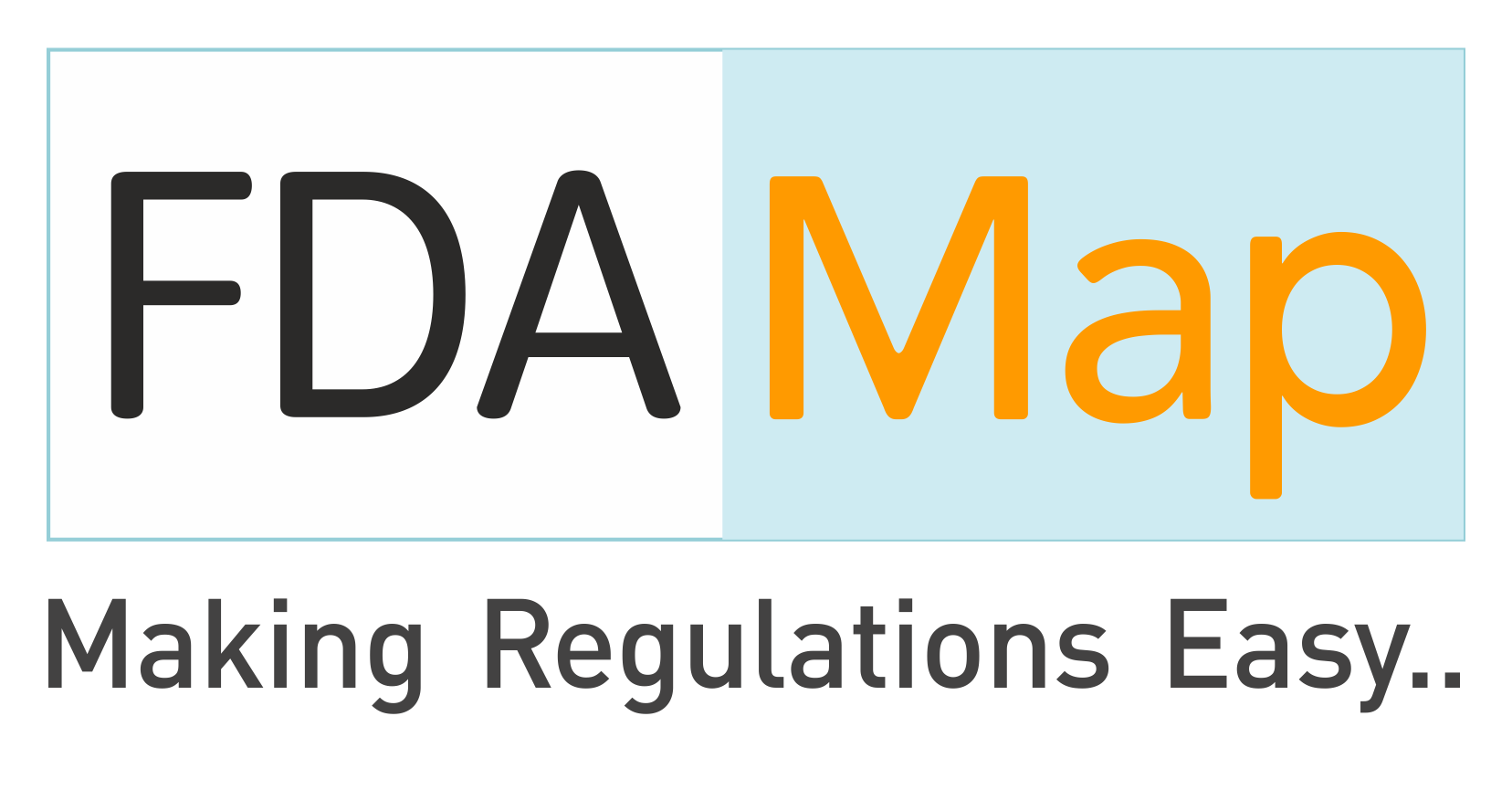The integration of Artificial Intelligence (AI) and Machine Learning (ML) is revolutionizing drug development, dramatically reshaping pharmaceutical research and discovery. These Advanced technologies promise accelerated timelines, cost efficiency, and more targeted, personalized therapies. Drug developers and researchers are harnessing AI to tackle long-standing challenges and unlock new therapeutic possibilities.

Historical Challenges in Drug Development
Drug development has traditionally been a time-consuming and costly endeavor, typically spanning 10-15 years from initial discovery to market approval. High failure rates compound the risks, with only a fraction of drugs successfully reaching approval despite significant financial investments and extensive clinical testing phases. Key challenges include identifying viable drug targets, ensuring patient safety, and navigating regulatory requirements.
How AI and Machine Learning Are Addressing Traditional Barriers
Artificial Intelligence (AI) and Machine Learning (ML) methodologies significantly streamline and improve drug discovery processes. By rapidly analyzing extensive datasets—from clinical trial records to biological databases—AI algorithms identify promising drug targets and predict drug efficacy with high accuracy, substantially reducing research time and cost.
Accelerating Discovery Through Genomics and Proteomics
Utilizing comprehensive genomic and proteomic databases, AI systems swiftly pinpoint critical molecular and genetic markers associated with disease. Algorithms detect intricate biological patterns that would take human researchers years to uncover manually. This accelerated identification of relevant drug candidates expedites the progression from concept to clinical trial.
Enhancing Clinical Trial Efficiency
AI’s capability to analyze historical data enhances patient selection in clinical trials. Machine Learning models predict patient responses and identify candidates most likely to benefit from treatment, reducing trial duration and increasing success rates. Additionally, AI facilitates virtual or in silico trials, enabling researchers to simulate drug efficacy digitally before initiating physical studies, further conserving resources.
Drug Repurposing and AI
AI and ML are powerful tools in drug repurposing—finding new therapeutic applications for existing medications. By combing through medical data, algorithms uncover potential new uses for drugs already on the market. This strategy dramatically decreases costs and accelerates the availability of effective treatments for diverse conditions.
The Impact of Genomics and Proteomics Databases
AI-driven analysis of genomic and proteomic databases uncovers intricate biological relationships not evident through conventional approaches. This deep-level understanding is crucial in developing treatments for genetically complex diseases such as cancers, neurological disorders, and autoimmune conditions. AI systematically transforms vast, complex datasets into actionable insights, making precision medicine increasingly achievable.
Personalized Medicine Powered by AI
Personalized medicine has become attainable through AI-driven analytics, addressing each patient’s unique biological profile. AI assesses genetic data, environmental conditions, and lifestyle factors, allowing researchers and physicians to create highly customized therapeutic solutions. Diseases such as cancer, autoimmune disorders, and neurological conditions particularly benefit from this personalized medicine approach.
AI-Driven Drug Repurposing
Machine Learning excels in discovering new therapeutic uses for existing medications, a practice known as drug repurposing. AI algorithms rapidly analyze vast medical literature and clinical data to pinpoint potential drug candidates, significantly cutting development costs and expediting treatment accessibility. This approach maximizes the value of drugs that have already passed safety assessments, leading to quicker patient access.
Collaborations Accelerating AI Adoption
Increasing collaborations between pharmaceutical companies, biotech startups, and technology leaders amplify the impact of AI in drug development. These partnerships merge diverse expertise, fueling rapid innovations and enhancing AI capabilities, setting the stage for groundbreaking advancements. FDA Map Clinical recognises these Technology-driven solutions for drug development and have adopted the technological advancements.
Challenges and Ethical Considerations
While AI and Machine Learning offer numerous benefits, several challenges and ethical considerations exist. Data privacy, algorithmic transparency, and regulatory compliance must be addressed carefully to maintain trust and ensure ethical application. Ensuring transparent AI systems and robust data privacy protocols remains vital for responsible and ethical integration.
The Future: A Paradigm Shift in Drug Development
The integration of AI and Machine Learning in pharmaceutical research signifies a paradigm shift. Future drug development will likely be faster, more precise, and highly personalized, reshaping healthcare on a global scale. As these technologies evolve, we anticipate even more sophisticated applications, fundamentally transforming medical science and patient outcomes.
Conclusion
AI and Machine Learning are not merely supplementing traditional drug discovery processes—they are redefining the future of pharmaceutical innovation. The strategic adoption of AI technologies holds the key to overcoming historical challenges, accelerating drug discovery, and enabling tailored, effective treatments. Embracing AI in drug development promises unprecedented possibilities, improving patient care and transforming health outcomes worldwide.
